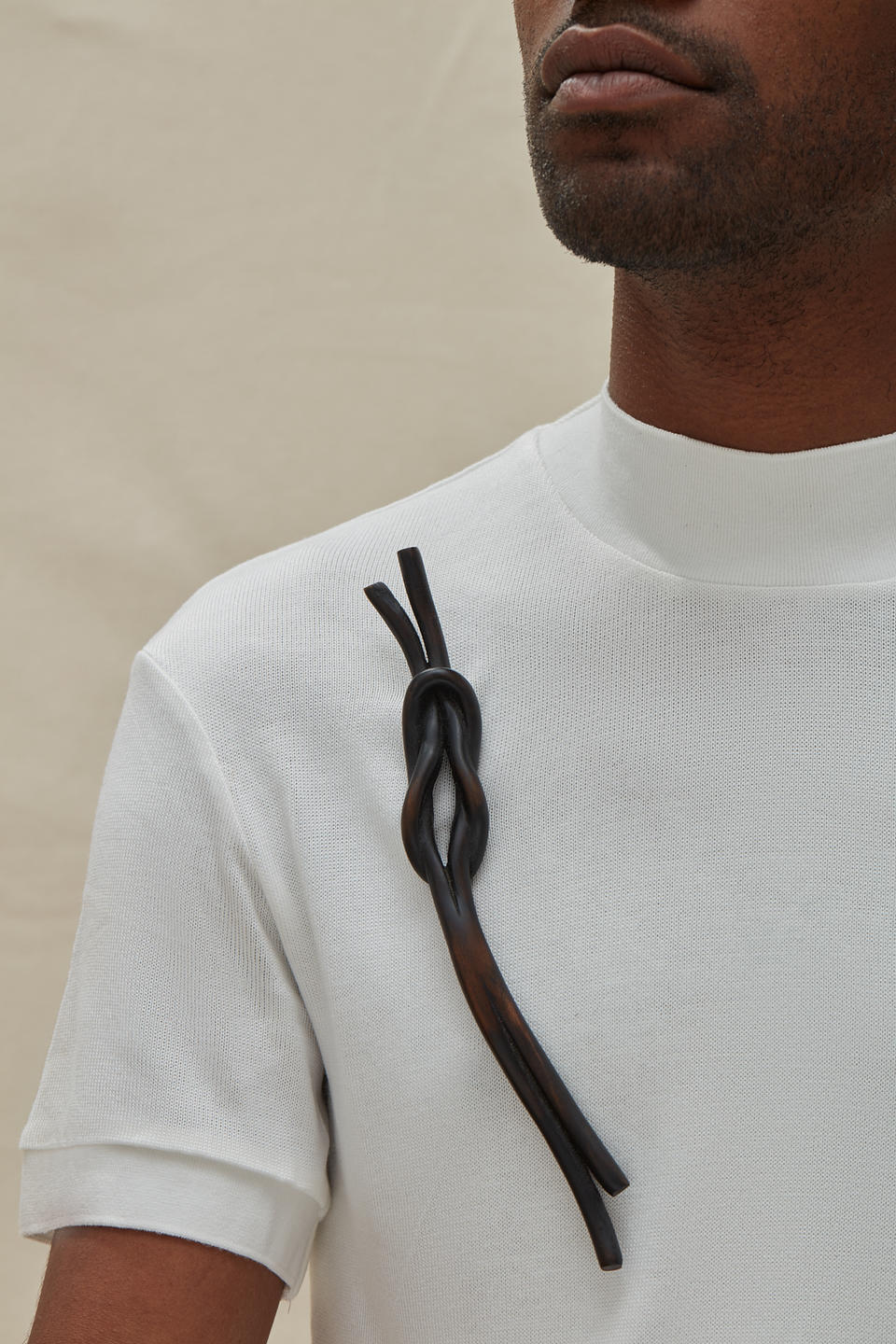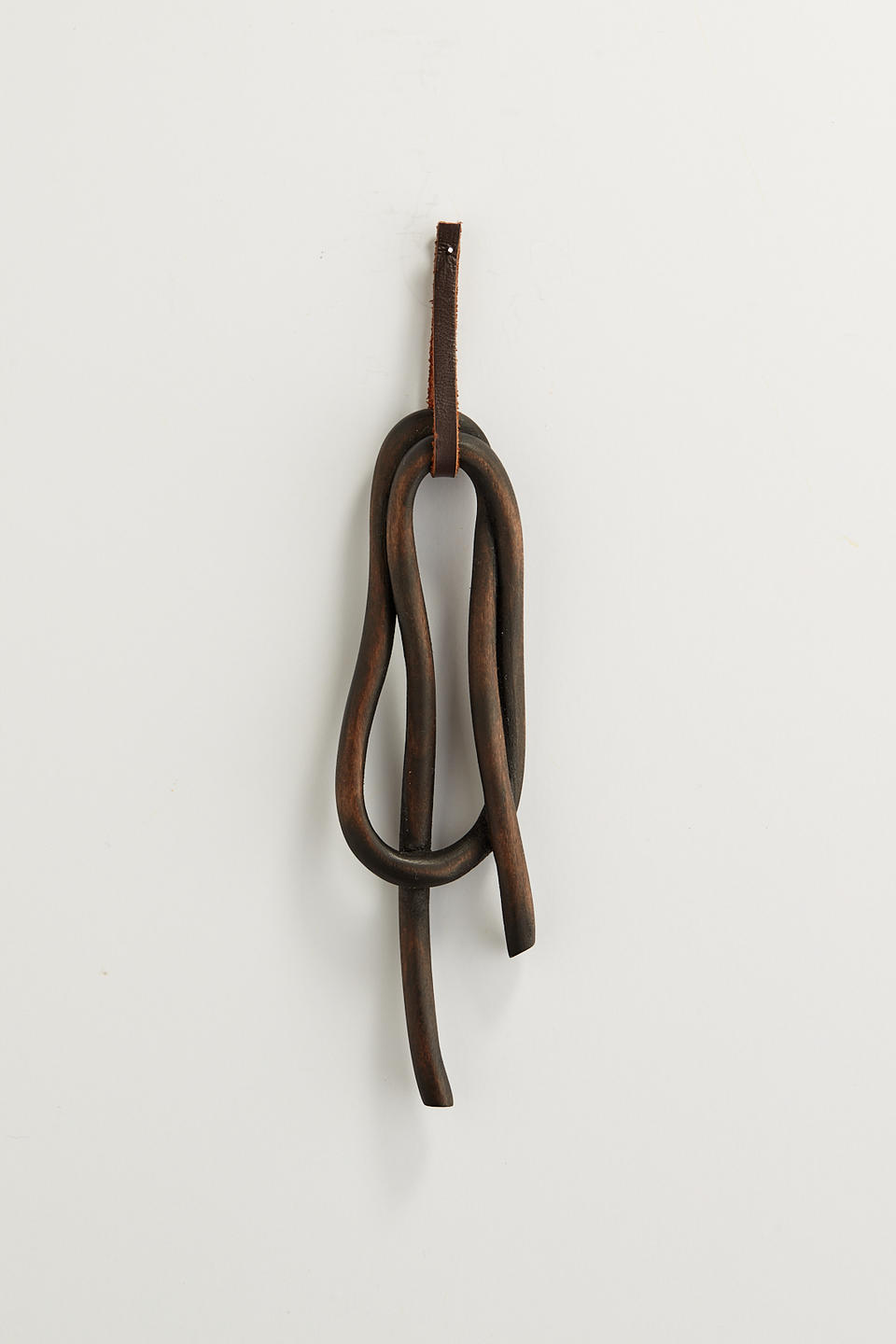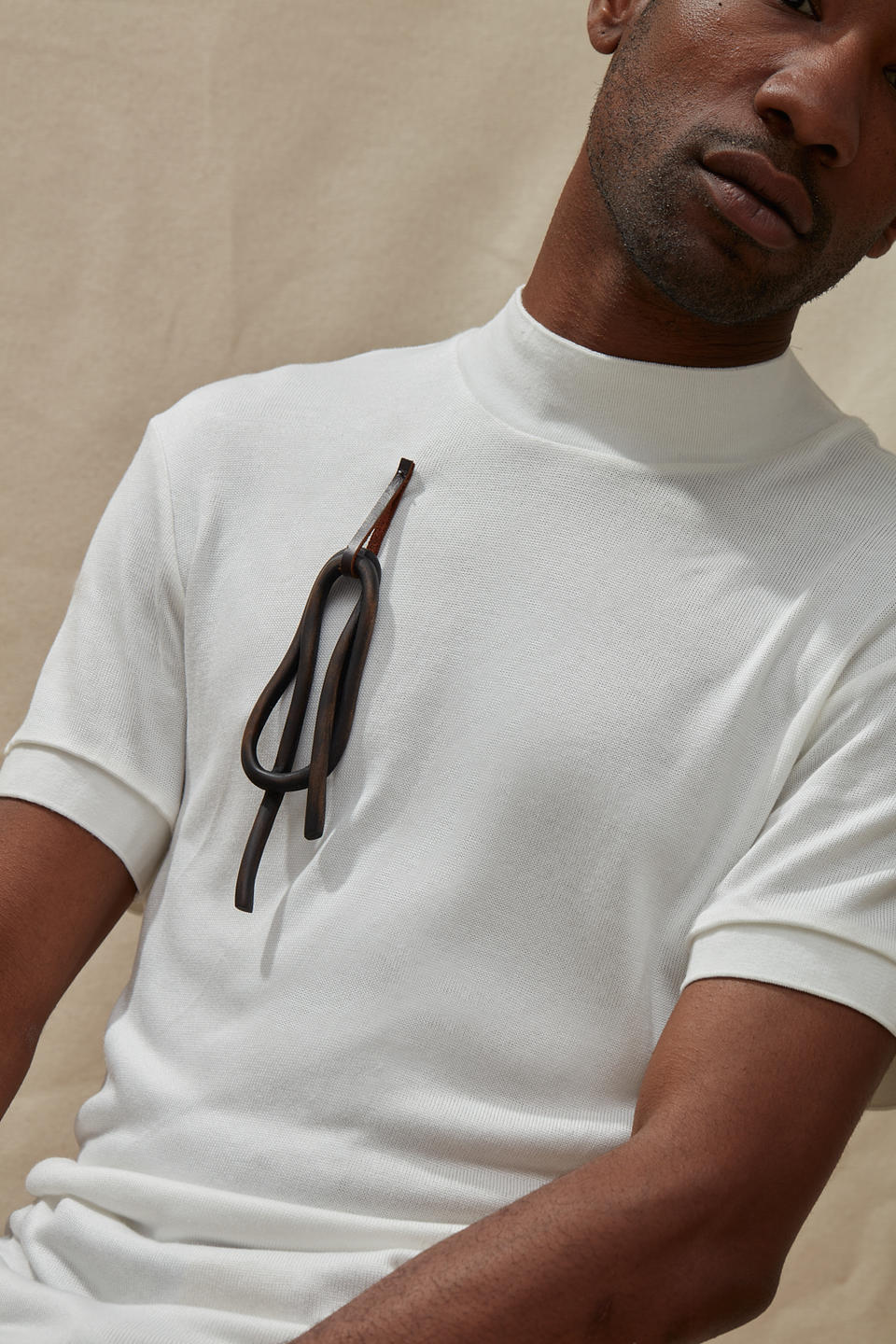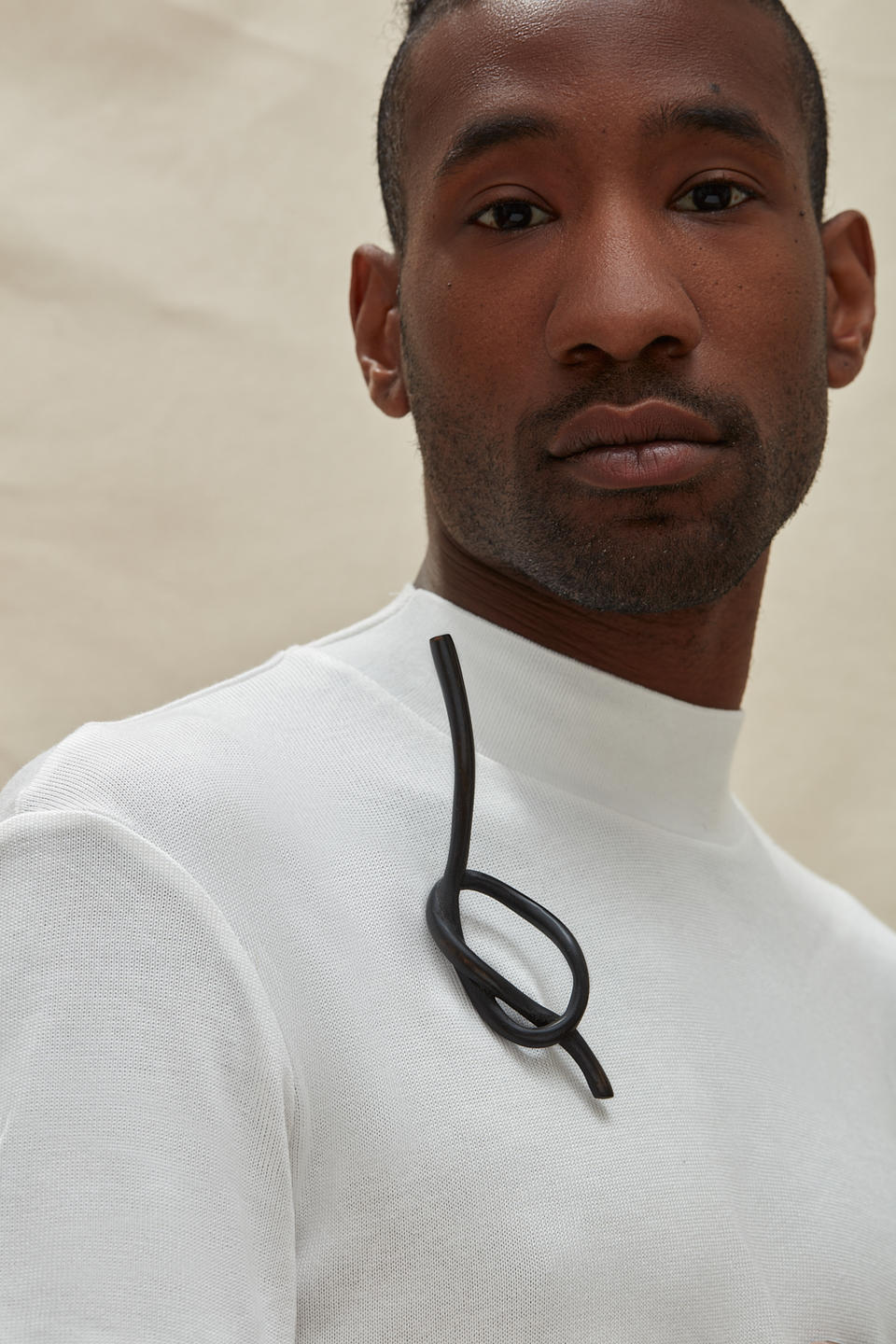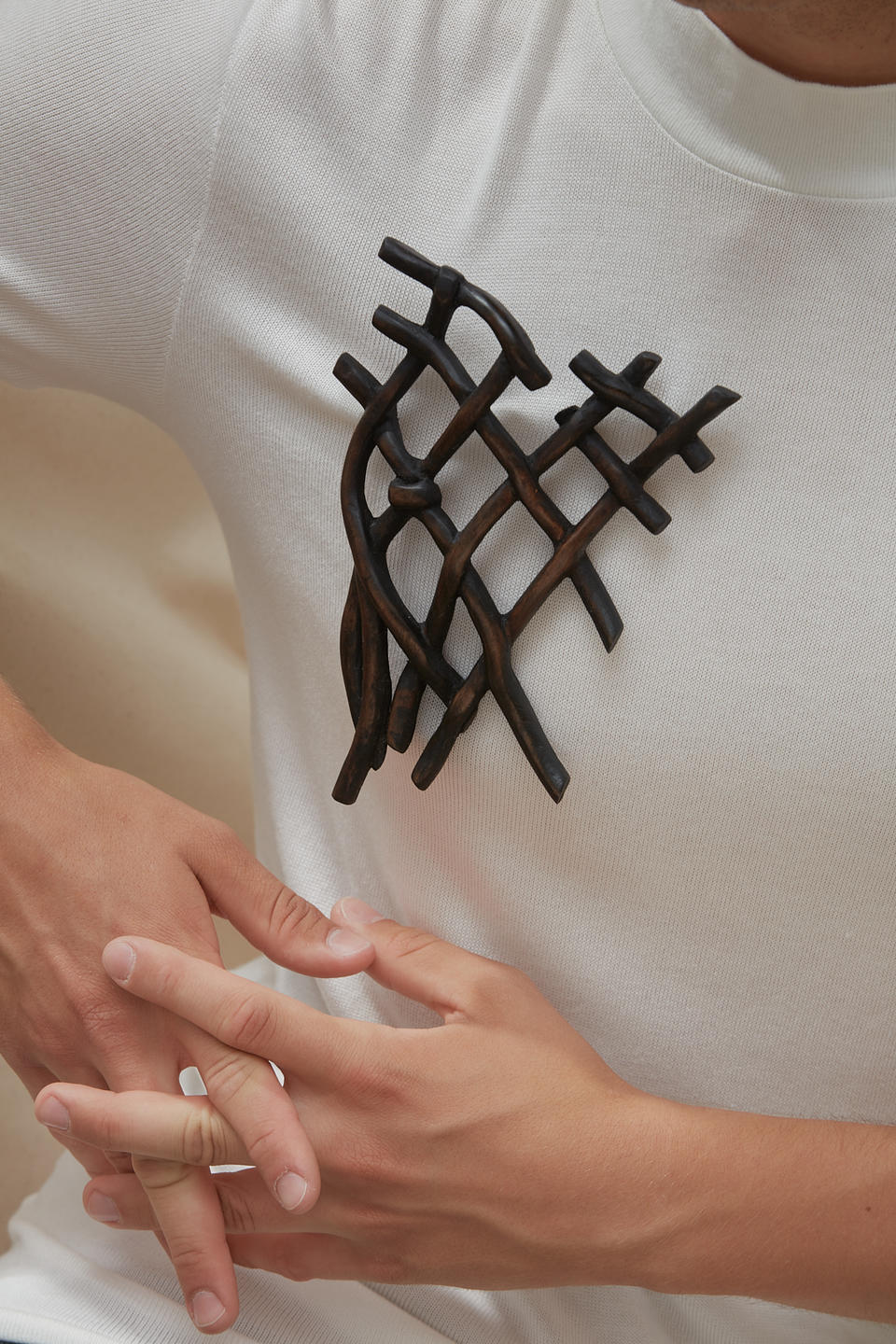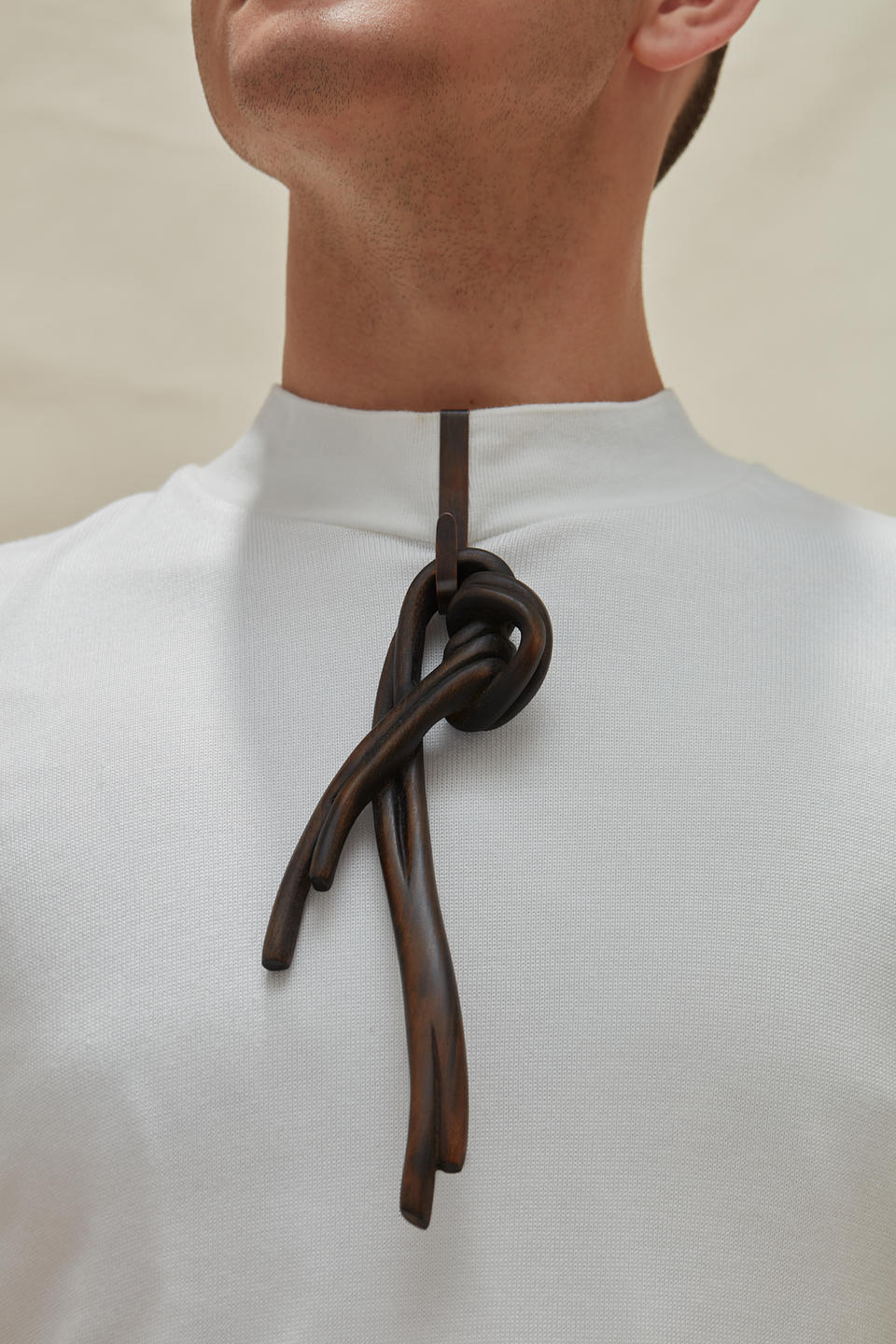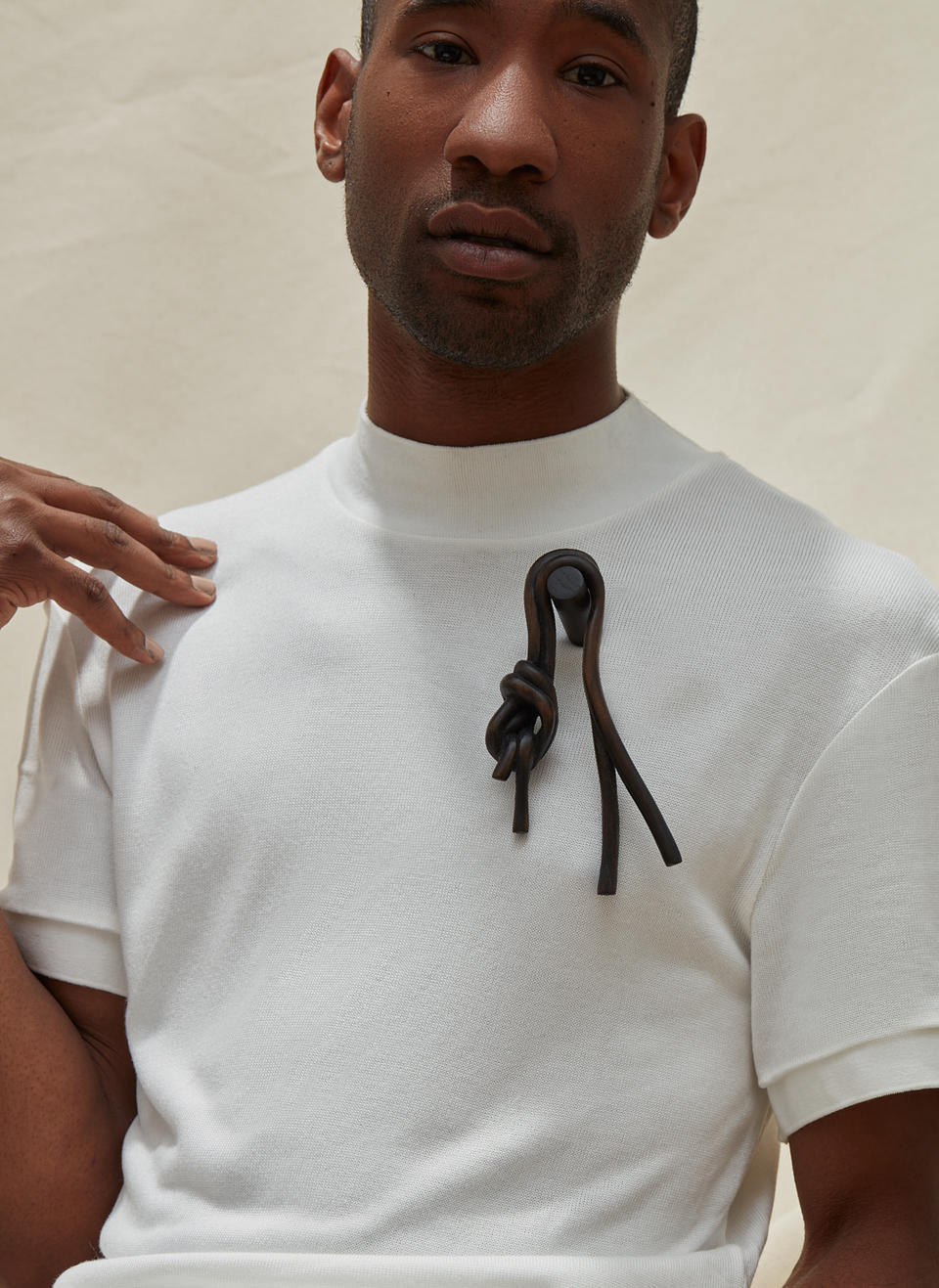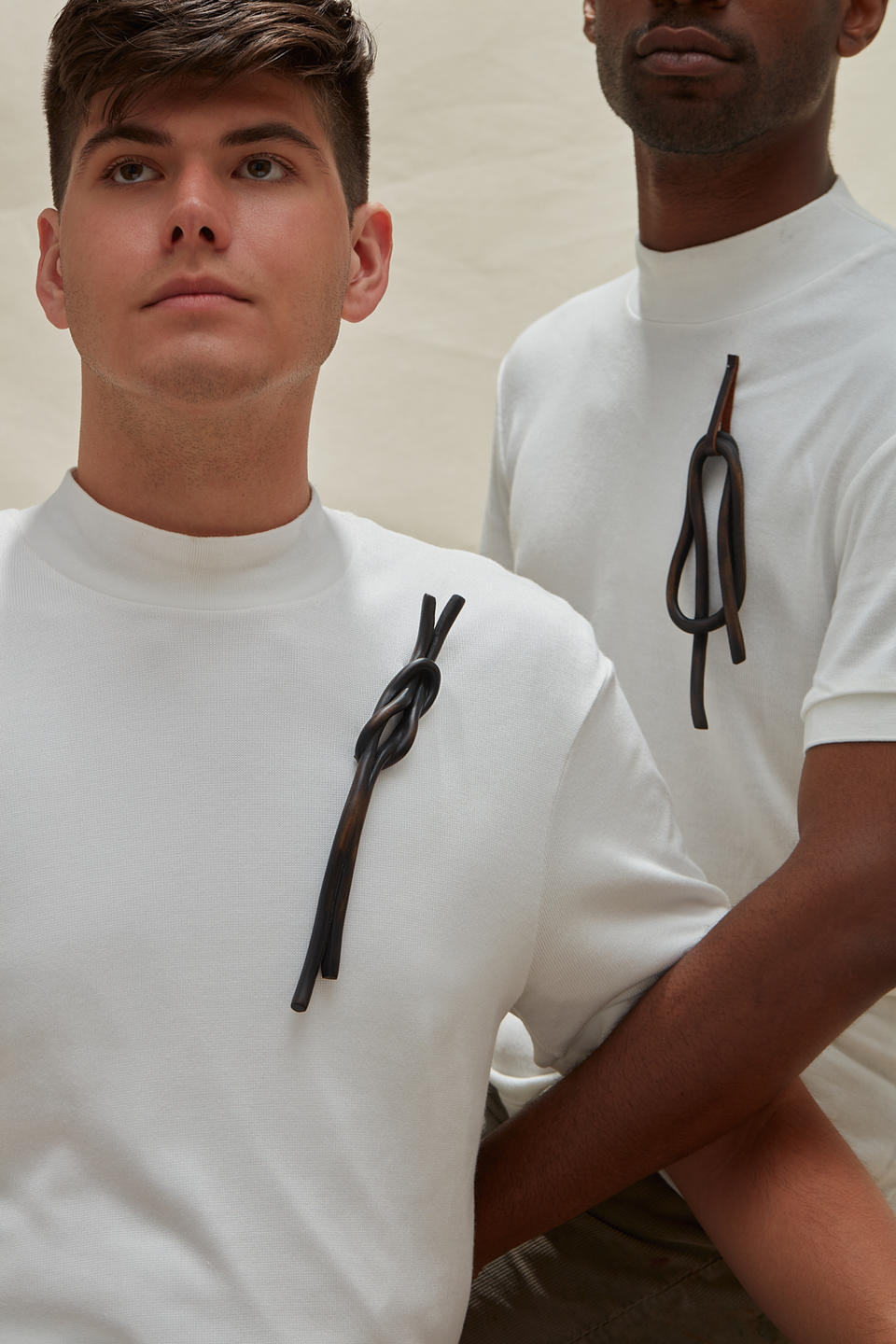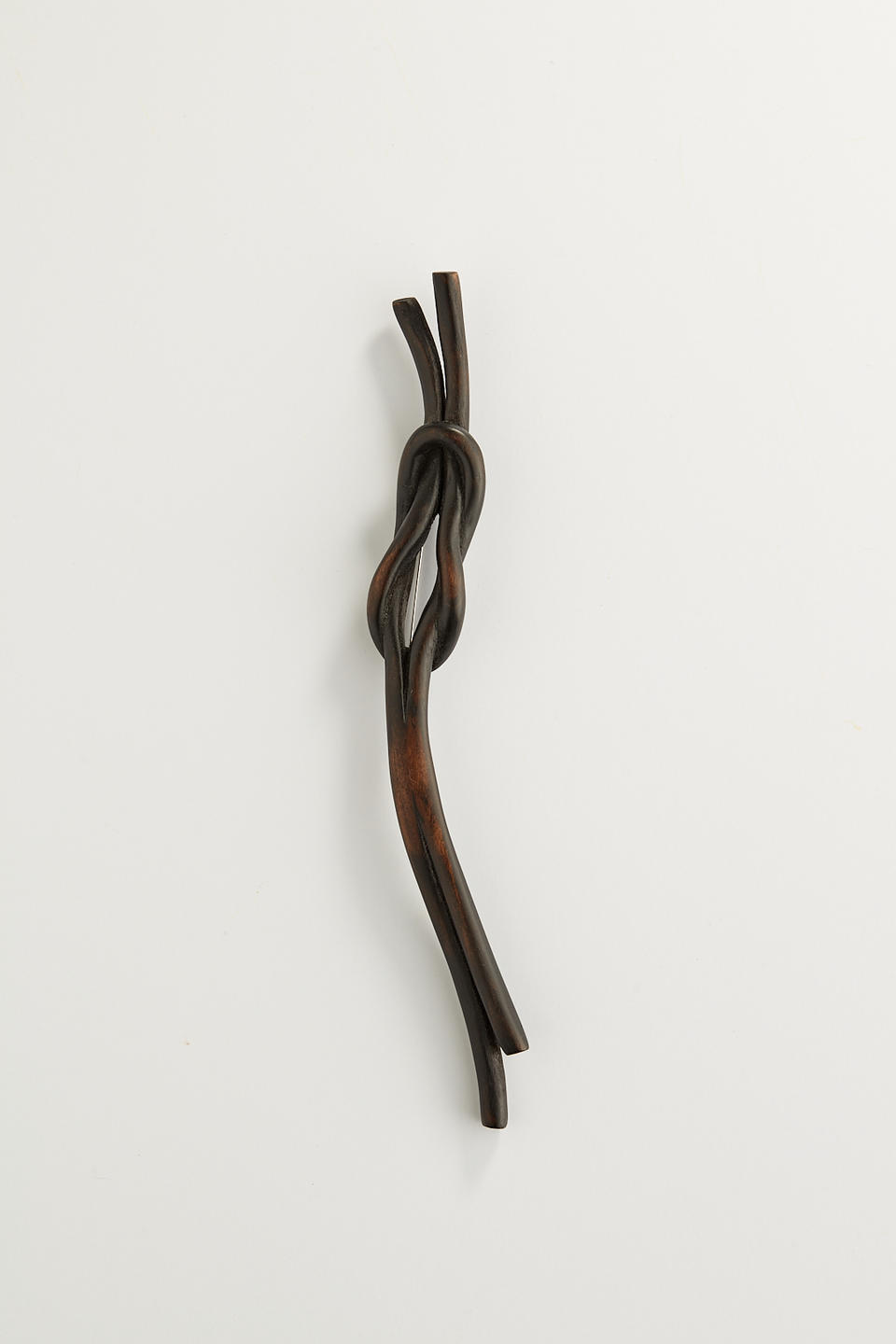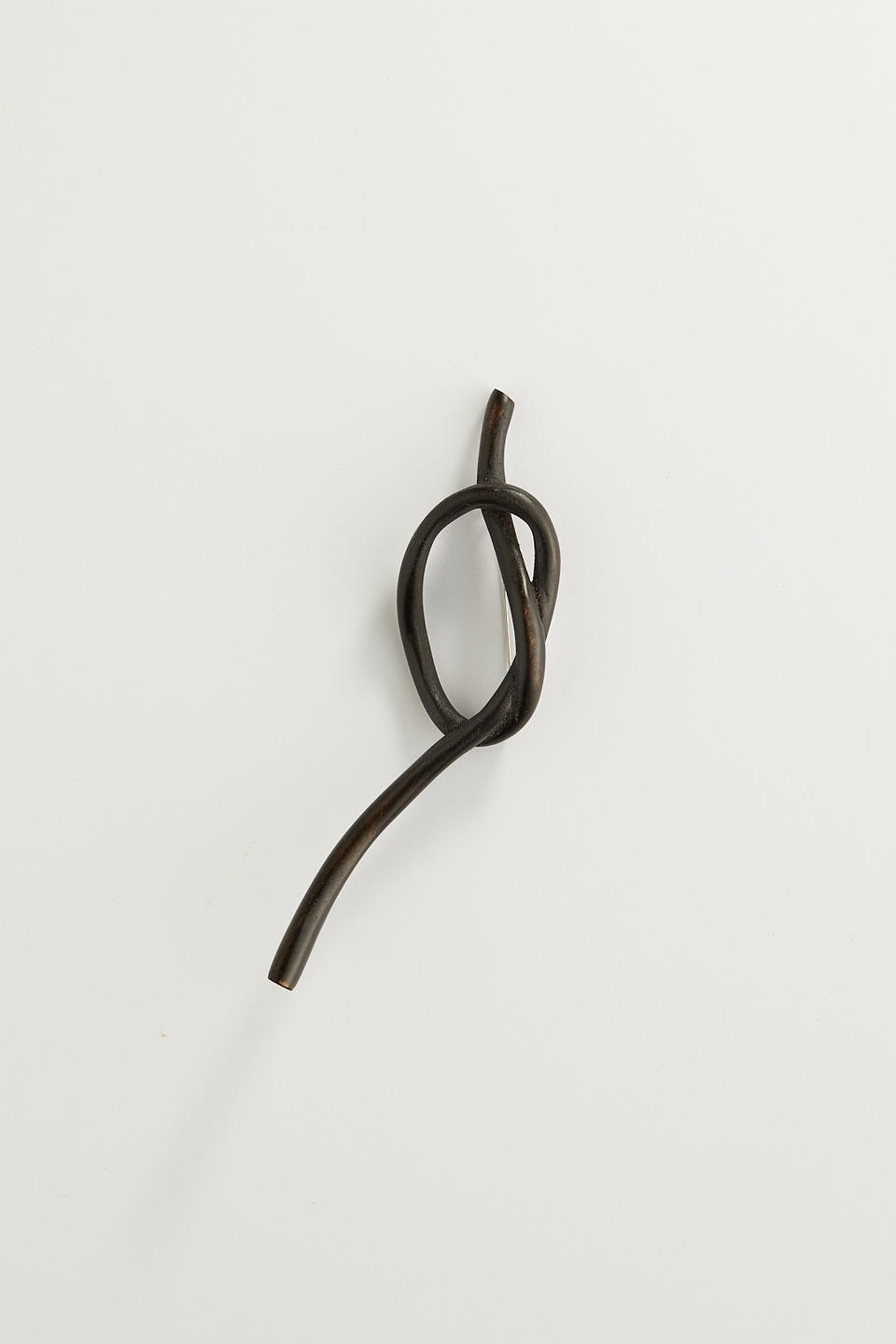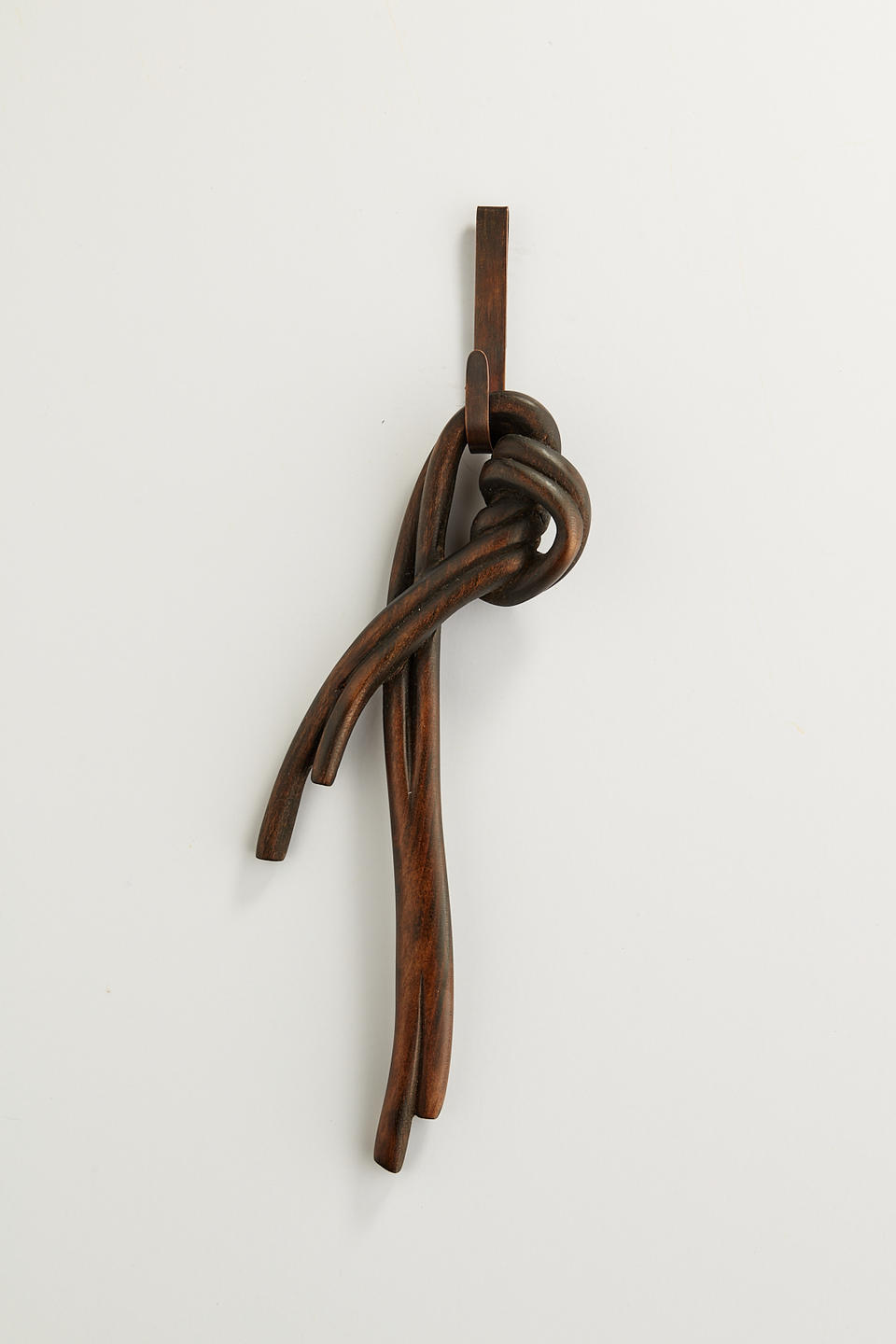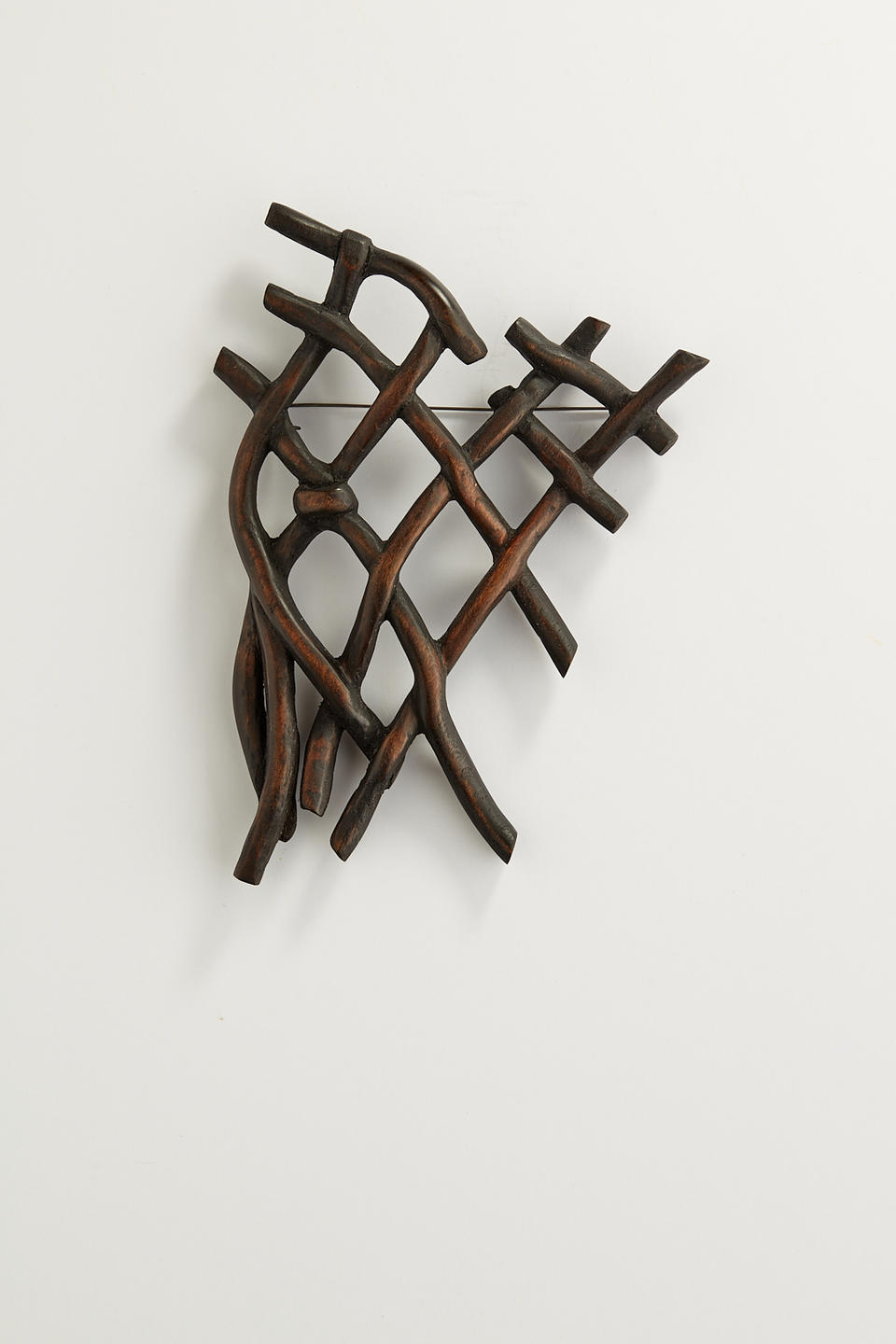bundles and blanks and binds and bends
STEVEN KP
On Passing
When made other, a body comes under stress. Space ceases to conform to its presence and movements. The societal structures that are meant to guide, support, and confine the conventional body all fail and fall short.
To pass, in a queer dialogue, is to be able to be seen as the conventional or the expected. Passing is an allowance to exist without constant fear of retaliation for being your authentic self in a system where authenticity is antagonistic, undesirable, other, queer. Passing is a privilege that is not afforded to all bodies that might need it in order to survive, but passing is also a practice of potential erasure. If the body blends, it is because it camouflages the wounds enacted upon it to pretend.
The passing body is still in this state of otherness, of ongoing inflicted alienation – The price of passing is to suffer in silence. This is an inherently traumatic experience, and our society’s coping mechanisms for trauma have been a point of frustration for me. The expectation of “closure” of “resolution” of “moving on” and that trauma was something to be “undone”.
The knot works became an opportunity to explore the un-ending, ongoing nature of living with trauma in a way that allowed me to embrace the tenderness and slowness that working with it required. When I approach the blank of wood, the knots and their forms are already within. As I spend time with the wood, carving, removing material, refining the surfaces and refining the wounds, the knots lighten, the knots loosen.
I call them “Partially Undone” and that’s all they can ever be. They are gestures rendered slowly in between being fully tightened and unraveled. They are given the allowance and power to be perpetually unresolved. They are objects of tension that bind nothing in place but their own existence, and they will never come undone. My “Partially Undone Knots” pass as knots - as not-wood. Until they are handled, the weight, or lack thereof, defies what is conventionally expected of the dark hue, and the drapery of the strands holds its form as its moved through space. They are wooden and unmoving, and this is only fully understood once you hold them in your hands, wear them and move with them.
There is an unspoken rule about wood carving, in that once you are finished carving you are not done. Caring for a piece of hardwood that has been handled and shaped is a commitment within itself. My objects don’t just need to be worn to perform, but to be maintained. To make sure that the wood doesn’t dry, crack, and break there is an adage that you need to oil the wood:
Once an hour for a day,
Once a day for a week
Once a week for a month,
Once a month for a year,
And once a year for a life time.
